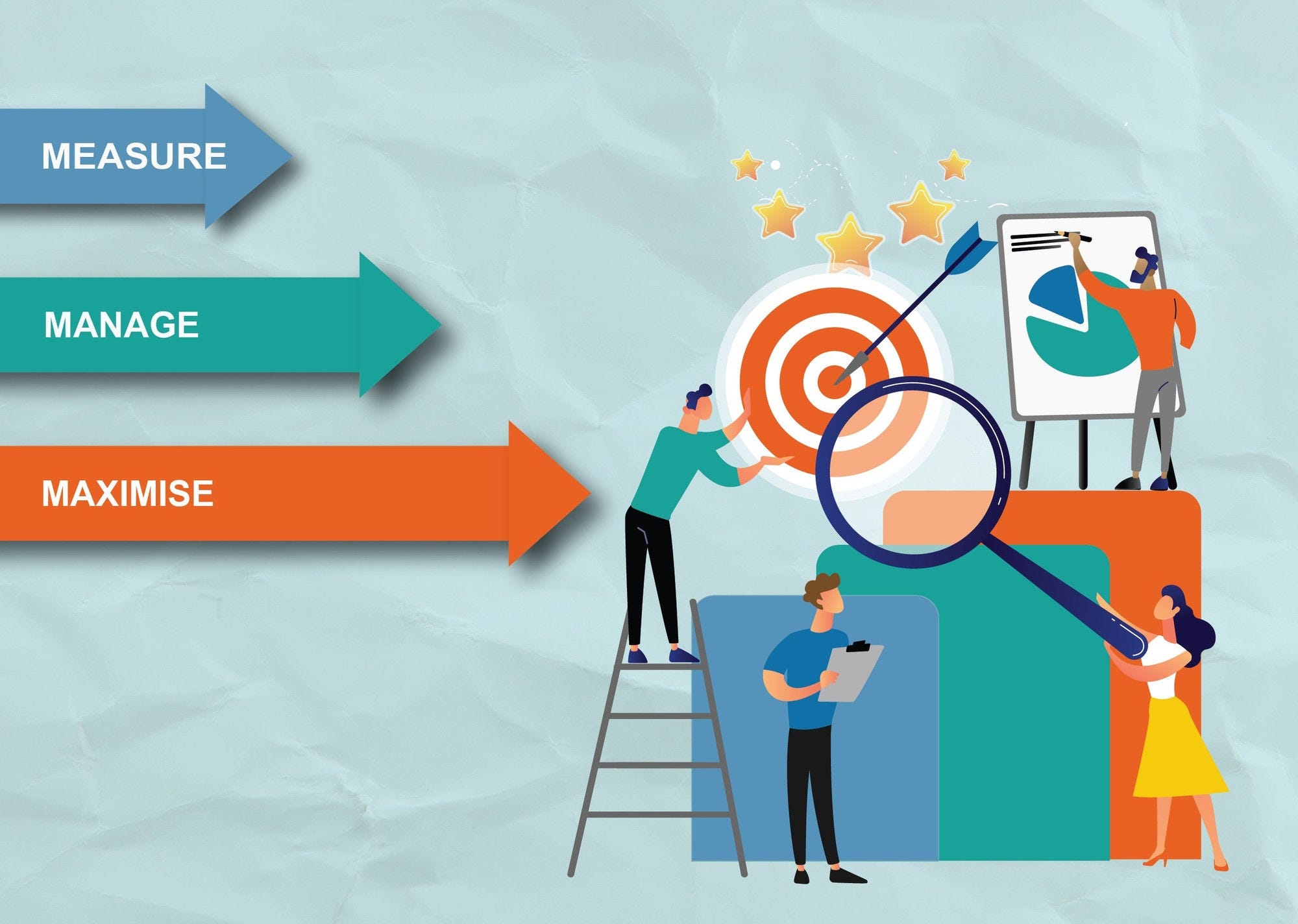The OECD has been producing knowledge, policy advice and capacity-building activities on the social economy for over two decades. In recent years in particular, governments at all levels have increasingly developed policies that support the social economy in providing jobs, delivering social inclusion and well-being, and driving the green and digital transitions. Testament to this is the Recommendation on the Social and Solidarity Economy and Social Innovation that was adopted by the OECD Council at its Ministerial meeting of 2022. The Recommendation sets out the conditions needed for the social economy to flourish, pioneer new business models, provide essential services and contribute to fair green and digital transitions.
One of those conditions is measuring and monitoring impact. The importance of this was also emphasised by the Global Action “Promoting Social and Solidarity Economy Ecosystems" hosted by the OECD and funded by the European Union. Moreover, back in 2021, the European Commission adopted a new Action Plan on the Social Economy to boost the European social economy and capitalise on its full potential. Further, in 2023, the action plan was complemented by a Council Recommendation on Developing Social Economy Framework Conditions. Both the action plan and the Council Recommendation underline the importance of data and social impact measurement and management to enable social economy entities to understand and communicate their impact.
To deliver on the measurement agenda, this guide, produced jointly by the OECD and the European Union, promotes better data on the impact of the social economy and offers social economy entities guidance on the available approaches and methods to social impact measurement and management as well as different types of relevant indicators and data sources. Impact measurement can be a challenging and costly process and sometimes viewed as taking time away from the critical daily activities of the social economy entity. Furthermore, there are challenges to systematically measure impact in areas such as social inclusion, well-being and community development or to engage hard-to-reach and vulnerable groups as stakeholders in the process. It is also a challenge to change organisational culture and incorporate impact management within a participatory governance structure that is characteristic of the social economy. This guide helps address these pressing issues and provides a step-by-step approach to measure, manage and maximise impact through methods that are aligned with any single social economy entity’s social mission and needs.
This guide was developed by the Centre for Entrepreneurship, SMEs, Regions and Cities (CFE), as part of the Programme of Work and Budget of the OECD Local Employment and Economic Development (LEED) Programme. It was approved by the LEED Directing Committee on 19 March 2024.
